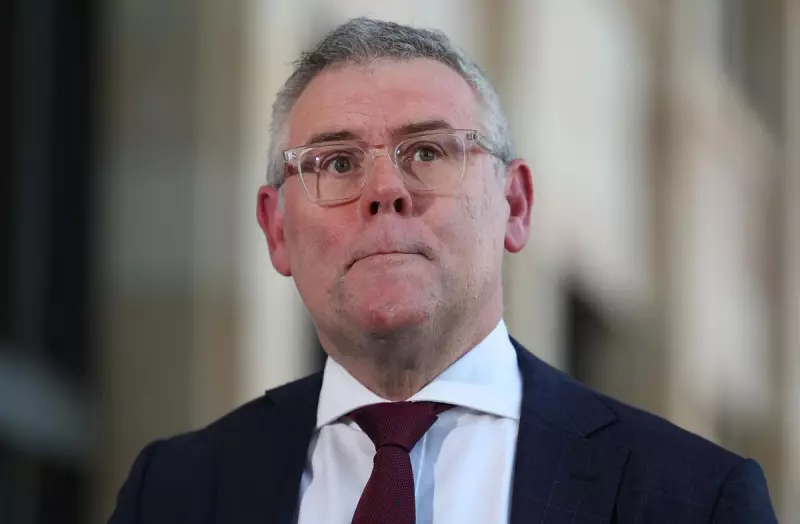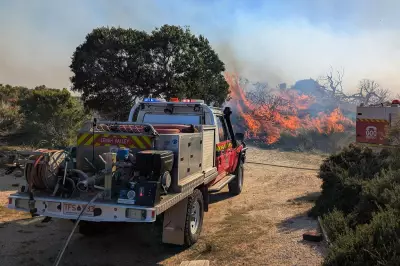
Federal Labor has issued an urgent 'now or never' warning regarding its controversial environmental law reforms, placing Western Australian industry leaders on high alert during Parliament's final sitting week of 2025.
Minister's Last-Ditch Negotiation Push
Environment Minister Murray Watt is desperately working to secure support for his rewritten environmental protection legislation, confirming he's prepared to negotiate with either the Coalition or the Greens to get the reforms across the line. Senator Watt has emphasised the critical timing of these changes, stating the existing laws are 'fundamentally broken and urgently need reform'.
'Every day we delay passing these reforms is another day that we see our environment go backwards and that we see important projects like housing and renewables held up by endless red tape,' Minister Watt declared on Sunday. 'So really, the message to both the Coalition and the Greens is that it is now or never.'
Industry Concerns and Potential Compromises
Business and resources sectors have expressed significant apprehension about the proposed environmental law changes, particularly regarding stop-work powers and approval processes. Business Council of Australia chief executive Bran Black warned that 'unchecked' stop work powers would deter investment and called for clearer definitions within the legislation.
'Without a clear definition of 'unacceptable impacts', we risk projects falling over, ongoing litigation, inconsistent decision-making and unjustified project knockbacks,' Mr Black cautioned.
The Minerals Council of Australia has advocated for a bipartisan approach between major parties as the best path toward a 'sensible compromise' that prevents critical WA projects from being stalled. Minerals Council chief executive Tania Constable outlined several necessary changes based on principles of clarity, certainty and accountability.
'As well as removing duplication and accrediting the states and territories to assess and approve projects, to ensure the Bill is workable, balanced and effective,' Ms Constable stated.
Greens' Demands and Government Concessions
While industry seeks stability, the Greens are pushing for stronger environmental protections, including excluding fossil fuel projects from national interest approvals and applying new national standards to regional forestry agreements. Greens Senator Sarah Hanson-Young described the government's current draft as insufficient but acknowledged recent concessions as a 'good sign'.
'The existing law is riddled with holes, loopholes and get out clauses,' Senator Hanson-Young told ABC Insiders. 'What the Government's put on the table doesn't close any of those, puts more in, and allows coal and gas to be fast tracked.'
Senator Watt confirmed concessions have been offered to the Greens but emphasised the government won't meet all their demands, particularly regarding ending native forestry and regional forestry agreements entirely. However, he indicated willingness to adopt recommendations from Graham Samuel that would see National Environment standards applied.
WA Premier Backs Watt's Approach
Western Australian Premier Roger Cook has thrown his support behind Senator Watt's version of the legislation, contrasting with his previous opposition to Tanya Plibersek's Nature Positive reforms over concerns about impacts on WA industry. Premier Cook expressed confidence in Senator Watt's ability to secure a workable outcome.
'The reports from the industry is that they're pleased with the reception they're getting from Murray in relation to any concerns they have,' Mr Cook said. 'We think it's important that we continue to grow industry while at the same time protecting our great environment. We can do that, and we know that the Senate can do this.'
The Premier emphasised the need for compromise and cooperation, stating: 'It's a matter of people bringing the right attitude, making the right compromises, and we want to make sure this legislation gets through by the end of the year.'
As Parliament enters its final sitting days, all eyes remain on the negotiation dynamics that will determine the fate of Australia's environmental protection framework and its implications for Western Australia's crucial resources sector.





